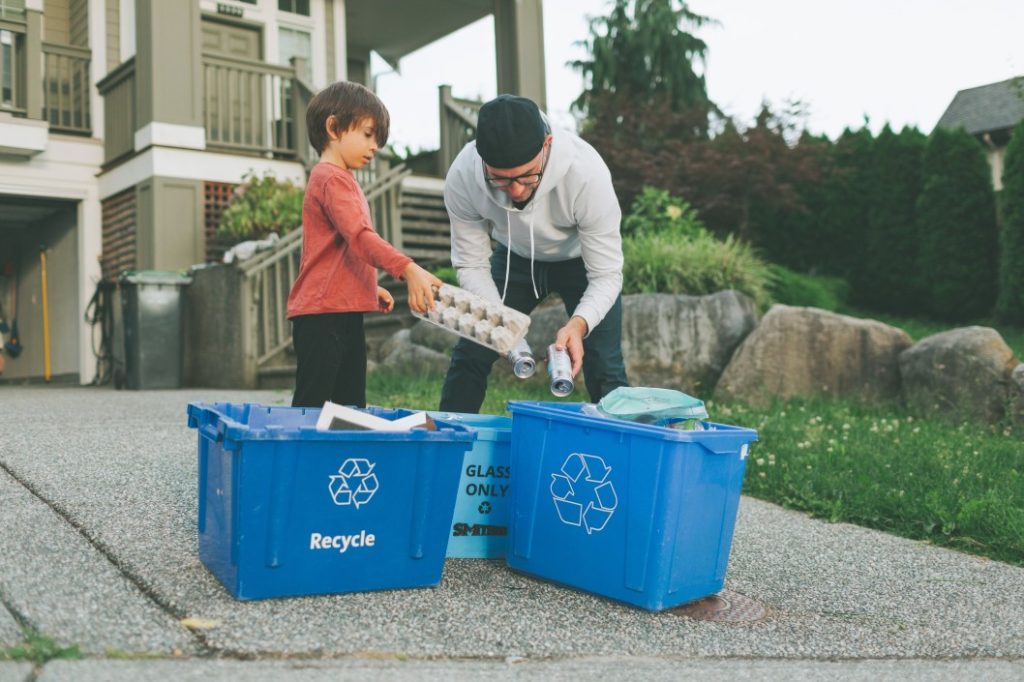Brits currently say they're not willing go fully vegan or give up foreign holidays.
The idea that climate change is a problem that needs fixing is now pretty widespread. Less clear is how much responsibility for fixing it different parties should take on. There are all sorts of debates swirling around about, but one of the most common is to what extent individuals - specifically those living rich-world, carbon-intensive lifestyles - should have to change their habits. It’d undoubtedly be more environmentally friendly for us all to travel less frequently, buy fewer things, and go vegan. But is this likely to happen?
If the choice was left up to the people then the answer seems to be no, or at least not any time soon. An October 2021 YouGov poll which asked Brits about adopting environmentally-friendly lifestyle choices found that the only thing a reasonable chunk of Britons (32 percent) are already doing is ‘creating green space in their home’, and many of these plant parents may be as motivated by aesthetics as climate change concerns.
There was support for potentially doing more in the future: a majority of people said they would be ‘willing’ to eat only local food, reduce plastic waste, drive electric cars, use renewable energy sources and cut back on meat and dairy. But it's far easier to promise to do something than to actually do it. And more drastic changes were off the table: 70 percent kiboshed the idea of going vegan, and half said they would refuse to completely stop flying for leisure.
Does this poll suggest the UK's plans to slow down climate change are in trouble? It depends on who you ask. Optimists may say that people's opinions on these sort of sacrifices could quickly start shifting if more conversations around climate change changed people’s sense of urgency, or if some of the bad side effects of global warming, like extreme weather, started impacting British lives directly. After all, British public opinion has already become much more environment-focused compared to a few years ago. But not all environmentalists think we have enough time to wait for people to get on board with going green.
Governments could overcome people's reluctance to change their ways by implementing policies that would either encourage or force people’s behaviour to change. Indeed, many such policies already exist - think of the 10p plastic bag tax or the Warm Home Discount Scheme (money off your electric bill for making your home more energy efficient).
As these two examples illustrate, government environmental policies often try to change behaviour through a financial carrot (subsidies and money back) or a financial stick (taxes and higher costs). To be fair, money can be a good motivator. For example, supermarket customers used 95 percent fewer plastic bags after the charge was introduced. But monetary tactics are also often criticised for being fundamentally unfair, because they create a situation where the richest people could choose to carry on as before while poorer people may have no choice but to comply.
Some people therefore advocate for more extreme environmental regulation, such as banning some carbon-intensive activities outright. The UK government could make it illegal to fly for leisure, for example, just as it did at various points during the Covid pandemic. But a major flaw with such an approach in democracies like the UK is that if it is implemented without popular support people may respond by voting out of office any political party that attempts it (and voting in a party who promises to scrap it).
Balancing individual people's right to do what makes them happy with collective needs like stopping climate change is therefore really tricky. For some, however, it's an easy enough dilemma to side step, because they think focusing on individual behaviour is the wrong approach anyway. For them, business is a much bigger fish to fry. A 2017 report said that just 100 companies are responsible for 70 percent of the world’s greenhouse gas emissions. Getting these corporations to clean up their act may therefore have far more of an impact than pushing Brits to give up their beloved bacon sarnies. And as an added draw for governments, going after big business is often a relatively politically popular strategy.
Read our explainer on: the environmental impact of economic choices.

